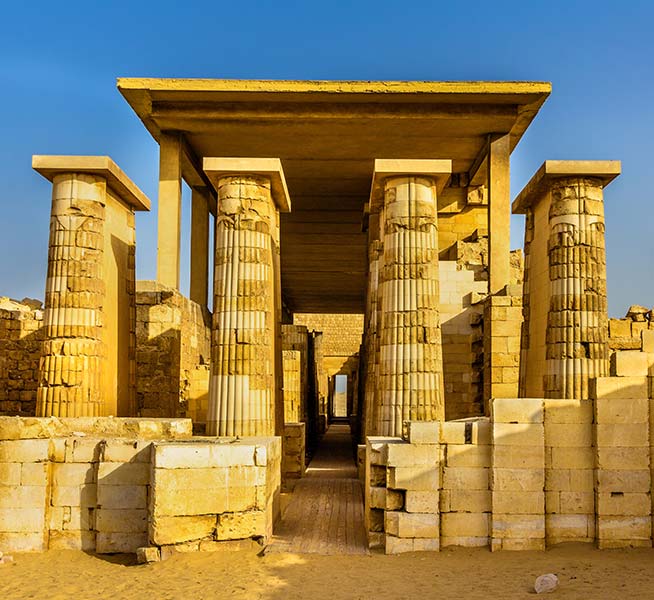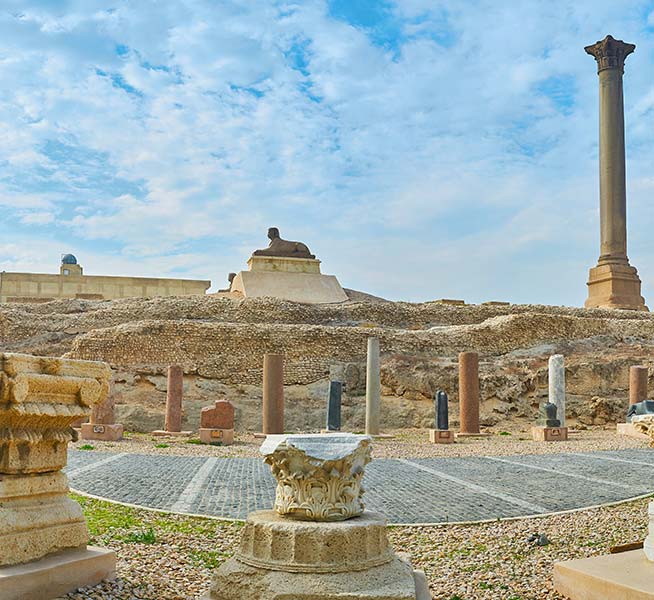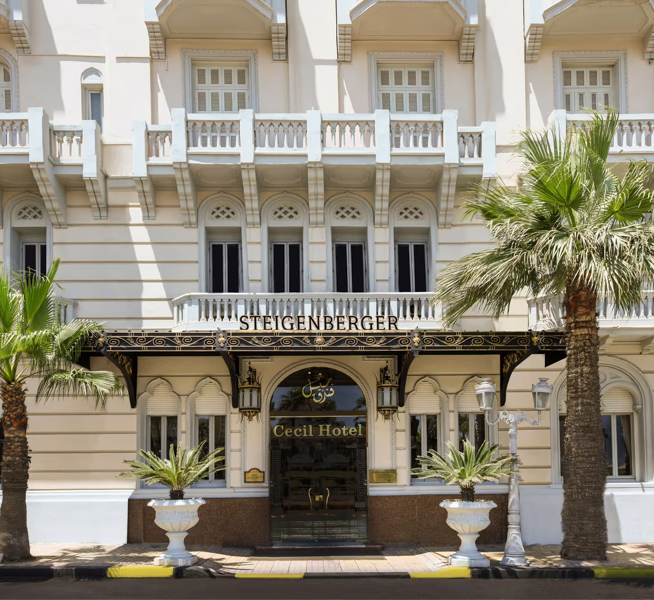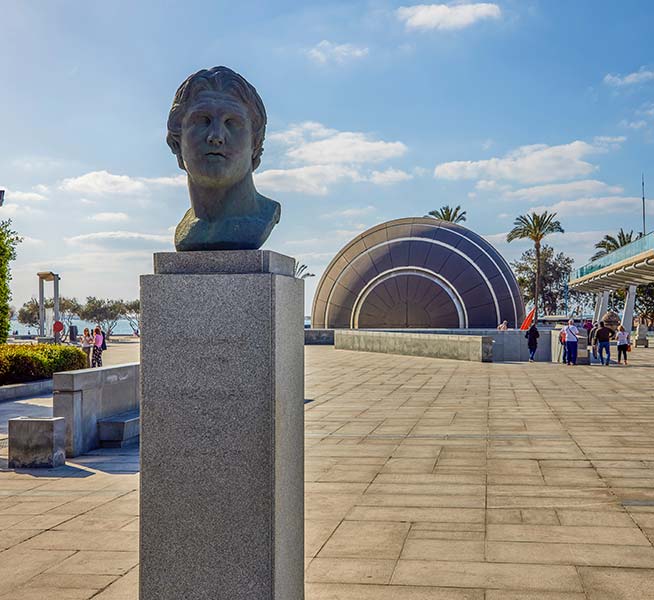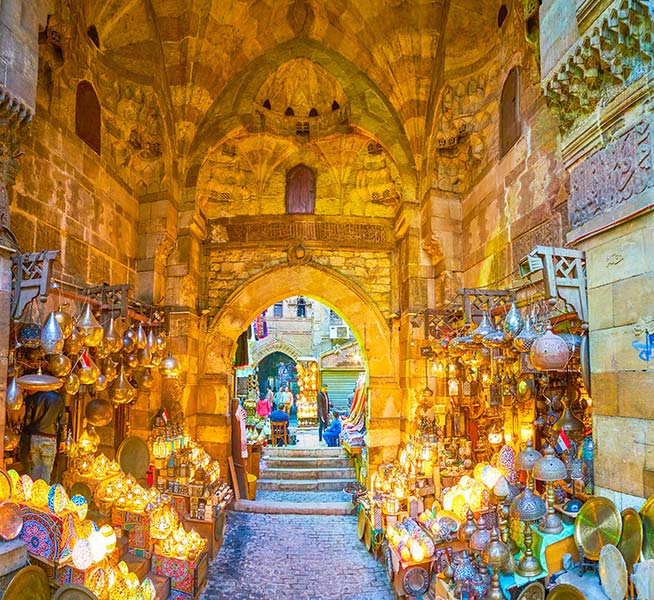Alexandria Travel Guide Information
Alexandria, Egypt, is a city steeped in history and renowned for its many notable features. In the ancient world, it served as a major center of civilization, strategically positioned to control commerce between Egypt and the eastern Mediterranean. It was a crucial crossroads for maritime trade between Asia and Europe. One of its most famous landmarks was the great lighthouse on the island of Pharos, considered one of the Seven Wonders of the Ancient World. Standing over 110 meters (350 feet) tall, the lighthouse could be seen from up to 54 kilometers away, using fire by night and a reflective mirror by day to guide ships safely.
Intellectually, Alexandria was a powerhouse, home to the famed musaeum, which included an astronomical observatory. Here, scholars used instruments such as astrolabes, dioptra, and armillary spheres to make groundbreaking discoveries. The musaeum was also the workplace of the renowned astronomer Ptolemy, whose star catalog and mathematical theories would later influence Copernicus in the 16th century. The city also fostered diverse philosophical schools, contributing significantly to intellectual life in the ancient world.
Alexandria’s historical richness is further highlighted by landmarks such as the Roman Catacombs, the Roman Amphitheatre, and the Qaitbay Citadel, all of which preserve its storied past. Beyond its history, Alexandria is a vibrant cultural hub, known for its unique Arabic subdialect and strong fishing traditions. Today, the city remains an important industrial center, especially due to its access to natural gas and oil pipelines from Suez. With its historical allure and Mediterranean charm, Alexandria continues to be a popular tourist destination, often referred to as the “Bride of the Mediterranean” and the “Pearl of the Mediterranean Coast.”

